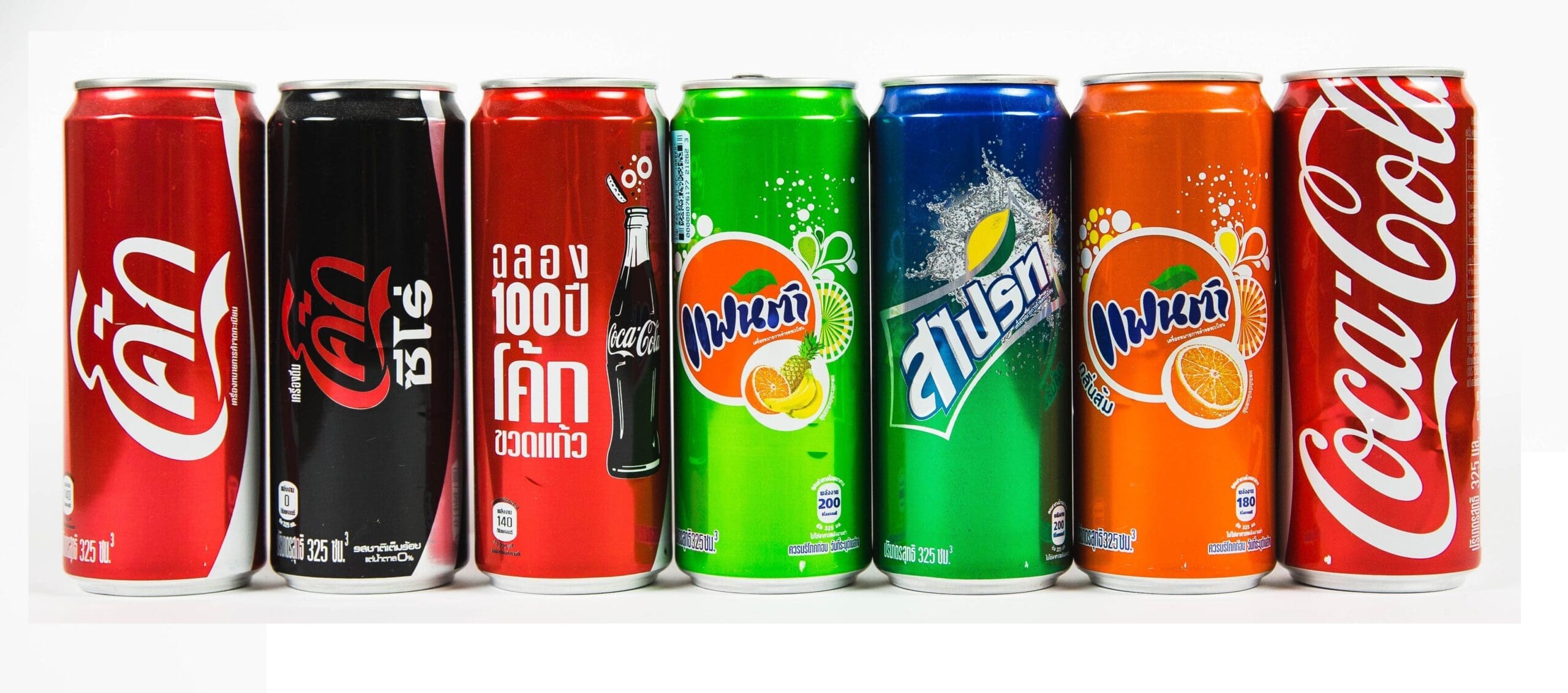When you think about trying to eat healthier, sugary foods and drinks probably don’t top your list of things to eat more of. It’s understandable – we hear a lot about sugar and what we hear isn’t always so sweet. But is what we hear about sugar true? A recent Healthline article confronts some of the biggest myths about sugar. Let’s take a closer look at a few of them.
Myths about Sugar “All sugar is bad sugar.”
You may have heard that we eat too much sugar and that we should work on eating less. This is true for most Americans. To be clear, most of us eat too much added sugar, which is the kind that’s added during the processing of food. Even if the sugar comes from a natural source, like honey, if it’s added to a food then it is considered an added sugar. Sugars found in foods like whole fruit and unsweetened dairy products are not added sugars.
It is recommended that we keep our added sugar intake to less than 10 percent of our total calories, so if you’re working to reduce your sugar intake, don’t eliminate things like whole fruit or plain dairy. Instead, look to reduce the added sugars you may be getting from other foods and beverages like desserts or sugary drinks.
“Natural sugars are better for you.”
You may have heard that honey is healthier than other sugars because it’s “natural.” On the surface, this seems reasonable. But if you dig deeper, you’ll find that naturally-occurring sources of sugar like honey are not more beneficial to health than refined sugars like table sugar or high fructose corn syrup. In fact, their impact on health is basically the same.
Here’s why: natural sugars are comparable to added sugars when it comes to calories and how our bodies process them. All sugars contain 4 calories per gram, regardless of their source. And the way our bodies process sugars doesn’t differ by food source either. But our bodies do process whole foods that contain natural sugars, like fruits and vegetables, differently than, say, a soda. Whole foods tend to contain more fiber than foods with added sugars, which helps reduce the impact on the amount of sugar in our bloodstream.
“You should cut out sugar from your life completely.”
Completely cutting sugar out of your life doesn’t sound so sweet. In fact, doing so may not mean what you think it means. Doing away with sugar entirely would mean removing all foods that contain both natural and added sugars. By going this route, whole foods like fruits, milk, yogurt, and even some whole and enriched grains, nuts and vegetables would be off limits. Eliminating all foods that contain sugar makes it very difficult – if not impossible – to maintain a balanced, healthy diet.
“It’s impossible to avoid sugar.”
According to the US Dietary Guidelines, 70% of Americans eat more added sugar than is recommended. Because entirely cutting out added sugars from your diet isn’t entirely realistic, try cutting back on the amount of sugar you eat by reading and comparing nutrition labels while grocery shopping. New Nutrition Facts labels can help you know how much added sugar is in your favorite foods.
“Going on a low- or no-sugar diet will help you lose weight.”
Lowering your calorie intake by limiting or reducing your sugar intake can help you lose weight. But going on a low- or no-sugar diet doesn’t mean you can ignore calorie counts. To reach your desired weight, try reducing your total daily calorie intake and sugar intake by choosing unsweetened versions of the foods and beverages you already enjoy.
Myths about Sugar The bottom line?
Instead of fearing sugar, become more aware of how much of it you eat and try to reduce your intake by looking for and comparing between new Nutrition Facts labels that list added sugars. Even though it may be trendy to be sour on sugar, improving your diet doesn’t have to mean eliminating sugar completely. Now that’s some sweet news.
Source Link – https://www.foodinsight.org/myths-about-sugar-added-health-diet-low-carb




